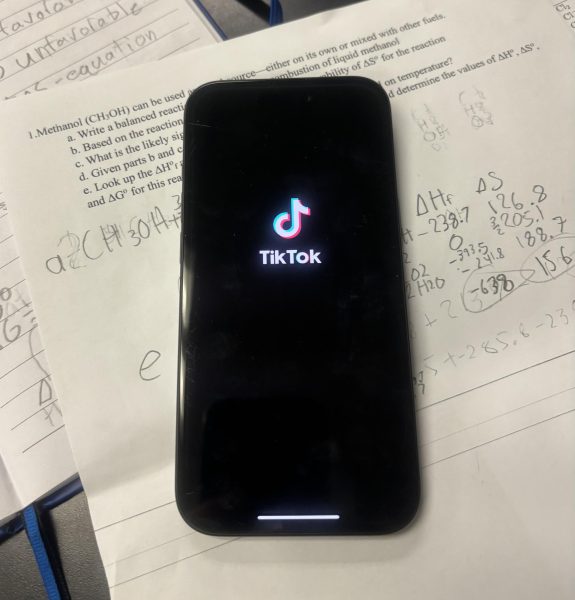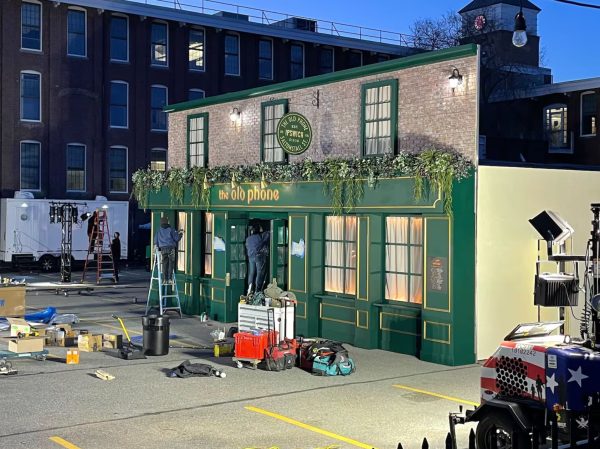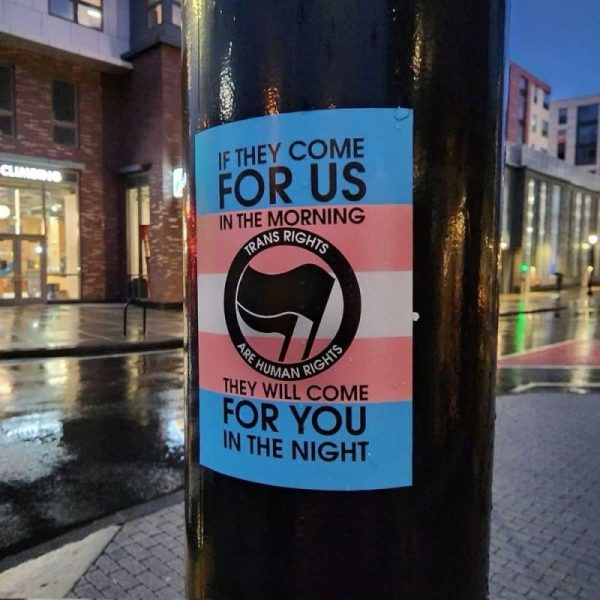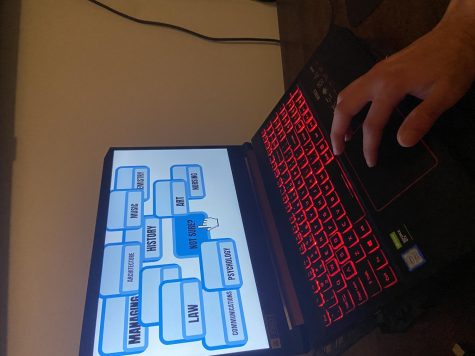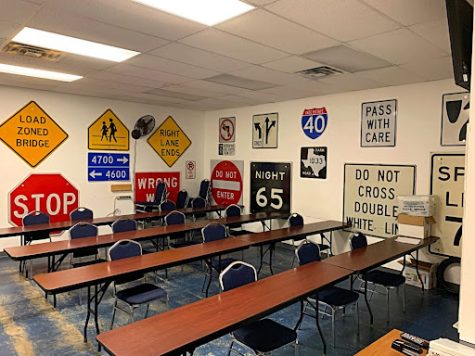Swearing: Why Do We Do It?
Why do teenagers at Triton swear so much if they’re constantly told to stop by our teachers and/or parents?
Junior Alex Conroy says he swears and isn’t ashamed to do it. “Teachers have to understand that it’s a part of who teenagers are,” he says.
Jeff Cross, a senior at Triton, says he doesn’t care what people think about him, especially not teachers, when it comes to swearing in school.
“I think it’s f— fun,” said Cross, “It’s fun to say them, especially when you’re not supposed to.”
Cross said he believes that swearing isn’t a big deal and that there are worse things people can do.
Swears coming from the mouth of a teenager have become more and more prominent in the past few years. As a child, many are told to stay away from those words. They’re not nice. They’ll get you in trouble. So why do they continue to swear?
“Swearing: Use It, and Lose It,” is an article written on January 4, 1994, from the Bangor Daily News by Jason Benjamin, a former senior at John Bapst Memorial High School in Bangor, Maine. He said he believed that swearing was only fun for teenagers because “They were words that had bite. They started out with a sharp sound and ended with a sharp one.” Benjamin seemed to agree with Cross in that sense.
However, swearing could be more than cool words to say when at a loss for more eloquent ones. The article also says that swearing might be a way for adolescent people to feel like they’re growing up and becoming more adult with their speech.
The Triton Voice conducted six total interviews, both formal and informal, to figure out why teenagers swear more than people of other ages do. They also did online research in order to explore the possibilities further.
Another step The Triton Voice took was to count the number swears heard in a normal school day. This included bus rides and excluded time spent in hallways between classes. The total number was 42 swears. The most common time to swear on this day was during bus rides.
Alex Conroy, a junior at Triton, said he believes that swearing is a normal part of teenage life and that it shouldn’t be taken as offensive or obscene.
“I feel like [we swear] because we’re figuring out who we are,” said Conroy, “There’s no real reason but I feel like it’s more of a personality thing. Teachers have to understand that it’s a part of who teenagers are.”
Dr. Emma Byrne is known as “the sweary scientist.” She published her book, Swearing is Good for You: The Amazing Science of Bad Language, on November 2, 2017. It provides a look into the science of the words teenagers so commonly use.
“It’s likely to have been one of the first forms of language that we developed and, since then, it’s been helping us to deal with pain, work together, manage our emotions, and improve our minds,” said Byrne on her website promoting her work on the topic.
Online, the novel is said to be a bright look into a seemingly controversial topic, with Byrne’s research shining a light onto the reasons behind the words many teenagers and adults so frequently use.
“Adolescence is the time of greatest swear usage, affirming our passage into the grown-up world. A very quick and easy way, in fact, for an adult to command the respect of any group of teenagers is to swear,” said Benjamin.
Teenagers tend to swear. Some people say that doing so is an important part of the life of an adolescent. Others simply say they believe it’s fun to say the words. Based on the research conducted by The Triton Voice and on what each of the sources interviewed stated, swearing is an easy way to cope with becoming older. A way to welcome adulthood through a new form of communication.
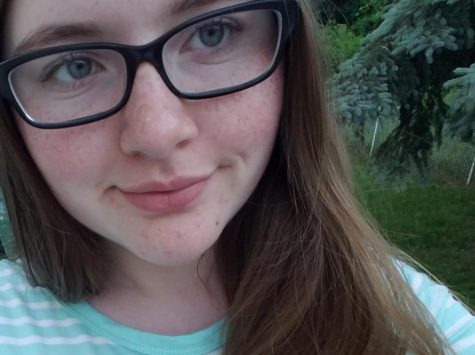
Hi, my name is Glory Trelfa. This year I am a Junior in high school. I am from Salisbury, Massachusetts and I live on Salisbury Beach. So far this year,...





